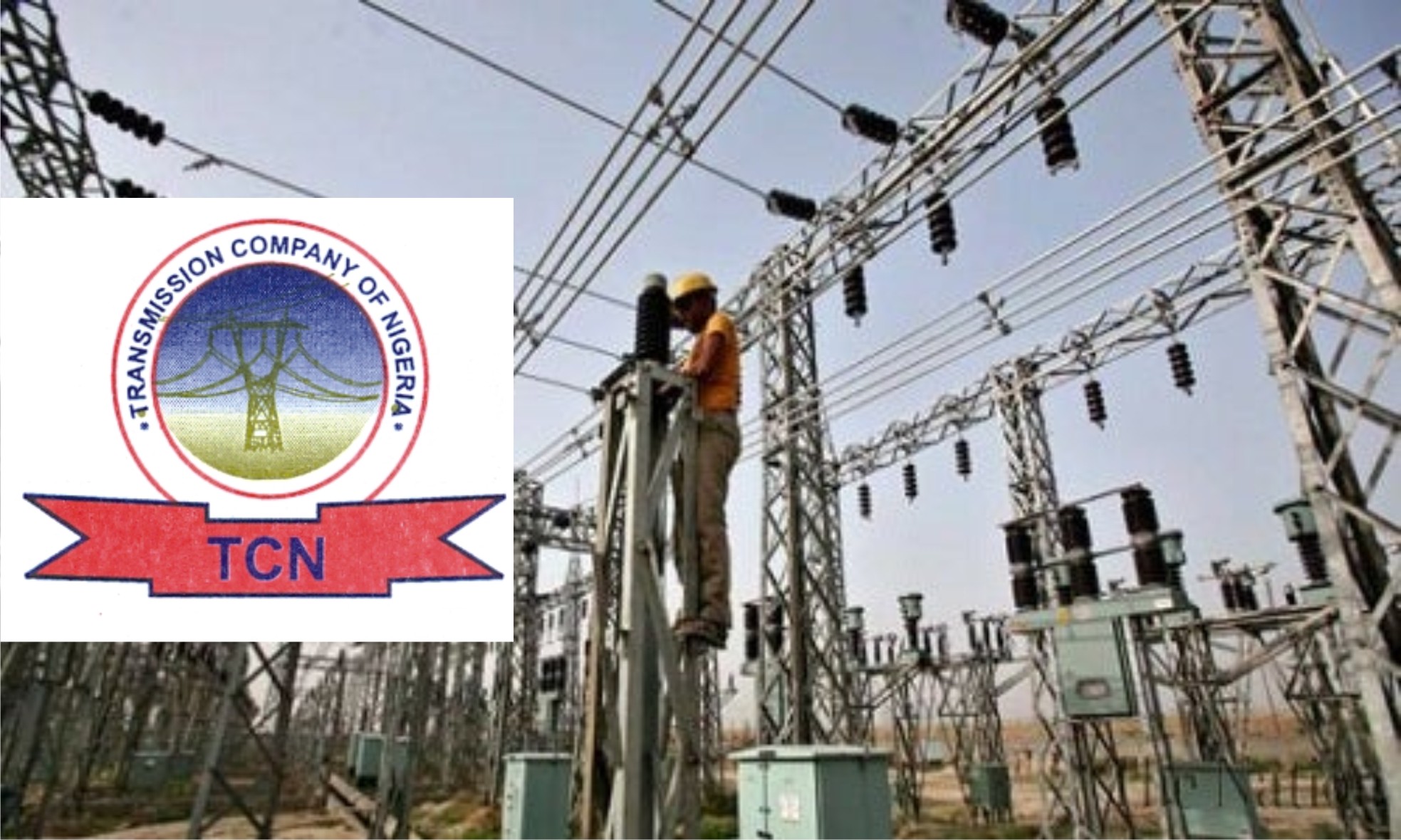Business
CBN’s Interventions Drive Banks’ Credit To Private Sector Growth
Nigerian banks’ total lending to the private sector increased by 18.6 percent year/year to N34.51 trillion (USD83.1bn) in October 2021 from N29.09 trillion in the corresponding period (October 2020), data from the Central Bank of Nigeria (CBN) show.
The growth in banks’ credit to private sector of the economy was driven by the continued rollout of the CBN’s intervention schemes for specific economic sectors via banks’ balance sheets; and aggressive growth strategies employed by banks to offset the sector-wide decline in asset yields, according to EFG Hermes, Investment Banking and the leading financial partner in Frontier Emerging Markets (FEM), in its latest report.
In the nine-month period (9M) of 2021, banks’ Electronic Payment System (EPS) for four of the five Tier-1 banks (a good proxy for the entire sector) increased 11.7 percent on average as they were able to offset margin pressure by growing their loan books and increasing contributions from non-interest revenue sources (specifically e-banking revenue), the report stated.
“Robust earnings momentum should continue in Full Year (FY) 2022, as we expect strong loan growth; good Nominal Interest Rate (NIR) growth as banks continue to roll out digital banking products, and average asset yields to be higher in FY22 estimate relative to the very low base in full-year 2021 (FY21).
“With the pandemic, the adoption of digital banking channels recorded a significant rise. Even with the relaxed restriction, this trend has continued,” Victor Ndukauba, deputy managing director of Afrinvest West Africa, said while presenting the 2021 Banking sector report by Afrinvest West Africa, recently.
Total transaction volumes using digital channels more than doubled between 2018 and 2020, as volumes rose from 1.3bn to over 3.3bn financial transactions in 2020. Digital payment channels also help to support continued conduct of business activities during the lockdown.
“Our robust payment system has continued to evolve towards meeting the needs of households and businesses in Nigeria. Reflective of the confidence in our payment system, between 2015 and September 2021, about $900m has been invested in firms run by Nigerian founders,” he said.
Afrinvest report said banks’ earnings performance will remain resilient, adding that fees and commission income would cushion the impact of low yield as banks drive higher transaction volumes.
Amidst the tough macro and tight regulatory environment, Afrinvest report said banks remained resilient.
This is evident in banks delivering a 15.6 percent and 6.8 percent year/year growth in total assets and profit respectively in the first half (H1) of 2021 despite elevated Cash Reserve Ratio (CRR) debits and compulsory Loan to Deposit Ratio (LDR) levels.
With the pandemic, the Nigerian banking sector vulnerability heightened which required swift policy responses from the CBN. Consequently, the CBN rolled out stimulus packages to critical sectors with significant loan exposure, reduced interest rate on intervention facilities (from 9.0% to 5.0%), and granted banks the forbearance to restructure loan exposure. As a result, real GDP growth in the financial institutions’ sector grew by 13.3
Business
CBN Unveils NTNIA, NRNOA Accounts For Diaspora Nigerians’ Investment

Business
Diesel Price Hike: Manufacturers Opt For Gas

Business
TCN Debunks Grid Collapse, Says Lines Tripped

-
Business8 hours ago
NCAA To Sanction More Airlines Over Passengers’ Complaints
-
Sports5 hours ago
CAFCC: Eguma Attributes Draw On Players Inexperience, Wastefulness
-
Niger Delta8 hours ago
Yenagoa Becoming Modern City Under Our Stewardship – Diri
-
News5 hours ago
Monarch Assures Government, Residents Of Continuous Peace In Woji
-
News11 hours ago
We Need Additional N20bn To Pay Families Of Deceased Military Personnel -Minister
-
Politics7 hours ago
Good Governance: Clark Urges NGF Suspension
-
Business8 hours ago
Azman Airline Dismisses Aircraft Sale Alegations
-
Sports5 hours ago
NNL Fines Sporting Supreme, Kada Warriors FCs Over Unruly Conduct

